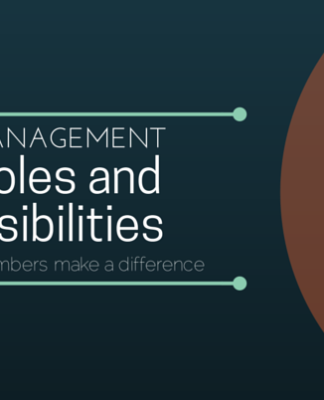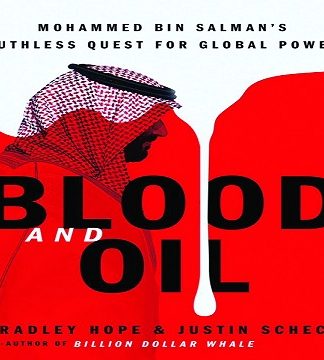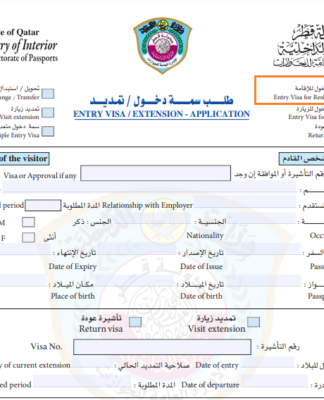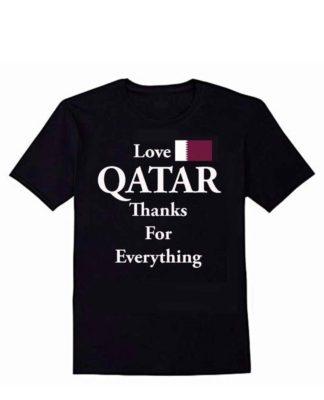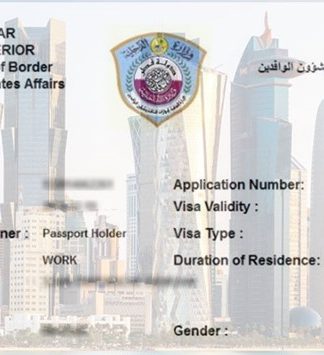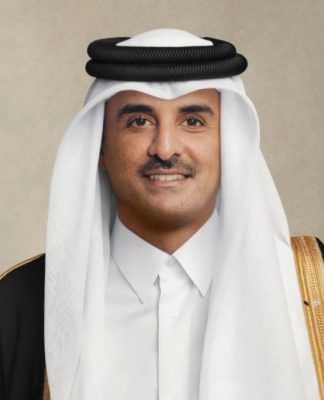Journalist Maria Ressa co-founded Rappler in 2012, pivoting from her career as an international correspondent to launch an innovative online news network in the Philippines.
Rappler has since covered watershed moments in national history, including President Rodrigo Duterte’s rise to power and his brutal crackdown on drugs. Now, Ressa is re-focusing on a sinister outgrowth of his presidency — disinformation and propaganda.
This interview has been edited for clarity and length.
Rappler recently won an investigative journalism award for its series Murder in Manila, tracking Rodrigo Duterte’s drug war, even as you face domestic retribution for your work. What message does the international recognition of Rappler’s reporting send?
I would give back every single award to be able to actually do our jobs as journalists without this kind of harassment.
This is the world we live in now … in order to do the reporting you need to do as journalists, it comes with much greater risk, requires much more planning and requires a lot more courage. But that doesn’t mean you have to stop doing this.
The mission in journalism is far more important than it has ever been, especially when what’s being manipulated, at the core, is reality. Hand in hand with the impunity in the drug war is the manipulation of the public sphere. Propaganda and PR have always been around, but there have always been rules that have governed relationships in the past. Journalism has a check-and-balance effect to those in power, and those in power submitted themselves to it. Today, that pact is gone. All of the old contracts are gone.
The risks have increased and, yes, we’re thankful for the awards. But you don’t do the story for the awards. You do the stories because they have to be done. Part of the reason I talk all the time is these huge risks should not be what journalists have to go through to do their jobs. We should not have to be attacked on both sides, online and in the physical world, in the way we have been in the last three years.
You’ve been arrested for your work, and you talk about these mounting risks. Why and how do you stay in journalism, as head of Rappler, when this is what’s happening in the Philippines?
This is the time that matters.
When we set up Rappler, it was largely because it was a challenge to take [an existing] newsgroup and pivot them to the internet. It’s hard. It was actually much easier to start Rappler from scratch, so that we can use this new technology to build new communities, to build institutions bottom-up. That was the idea for Rappler.
I became the news head that became targeted — and if I believe in the values I’ve always had, this is not the time to duck. And I think that’s what Rappler is.
The difference between Rappler and other newsgroups in the Philippines is that journalists control Rappler both editorially and commercially. We make decisions that are bad for business but protect the public sphere.
When Rappler came under attack … we challenged it head-on. When we did our propaganda series, the Impunity series, I ran all of these by the board because I knew that it would have a direct business impact as well.
We’re actually much better, despite at least 11 cases of [police] investigations in 2018.
In 2019, our revenues are up year-on-year versus last year, because we were forced to pivot away from advertising. Cases scare advertisers, so we were forced to pivot and find a business model, and we’re actually now a bit better prepared than other newsgroups that continue relying on advertising.
What kind of reaction have you had from people in the Philippines who follow Rappler?
Our community has rallied around us. Part of our legal defense fund is crowdsourced — a big chunk of it — and we’ve started a membership model at the end of 2018 that brings together our community.
In the end, it’s about values, right? There are many Filipinos who share these values — who believe in human rights, who believe it is wrong to kill without due process.
We live in a climate of fear. The fear is brought about in the real world, where you have violence … the drug war has deposited bodies outside schools. It’s brutal. At the same time, the violence in the online sphere is also off the scale. If you question the number of people getting killed, you get bashed and the end goal is not to spark discussion. The end goal is to pound into silence.
There are systematic attacks to silence the questions. It takes courage … it brings back this idea of having to stand up for what you believe in.
In that climate of fear, the best we can do is what we’re doing now.
Is the attention to Duterte’s drug war taking away from other important issues in the Philippines?
I think you cannot focus enough on killings. It is wrong.
One part of Rappler has focused on the real people who have been impacted by the killings. I’ve really focused on the disinformation networks because I think this is an existential problem for democracy. When you have what is essentially a behavior modification system … where facts are no longer facts and lies spread faster than facts, then you cannot have a working democracy.
There’s more than one problem. If we don’t know what the facts are, we cannot have a working democracy.
What’s your overarching message, as head of a Philippine news organization reporting on Duterte and misinformation?
I think the challenges are great now to do our jobs. We personally come under attack.
In the past, I was part of big newsgroups and your news organization can stand in front of you so you can continue doing your work. In this day and age … we’re vulnerable online and in the physical world, so the risks are higher.
This is a time when newsgroups, truth-tellers, need to collaborate to get through this time period. I think that social media platforms and technology have been the accelerator for the push for the populist-style administrations in democratically elected presidents.
Journalists need to come together. This is that time. The destruction has happened, so how are we going to create the future that we want?
Jodi Wei contributed to this article.
Source:pbs.org




















